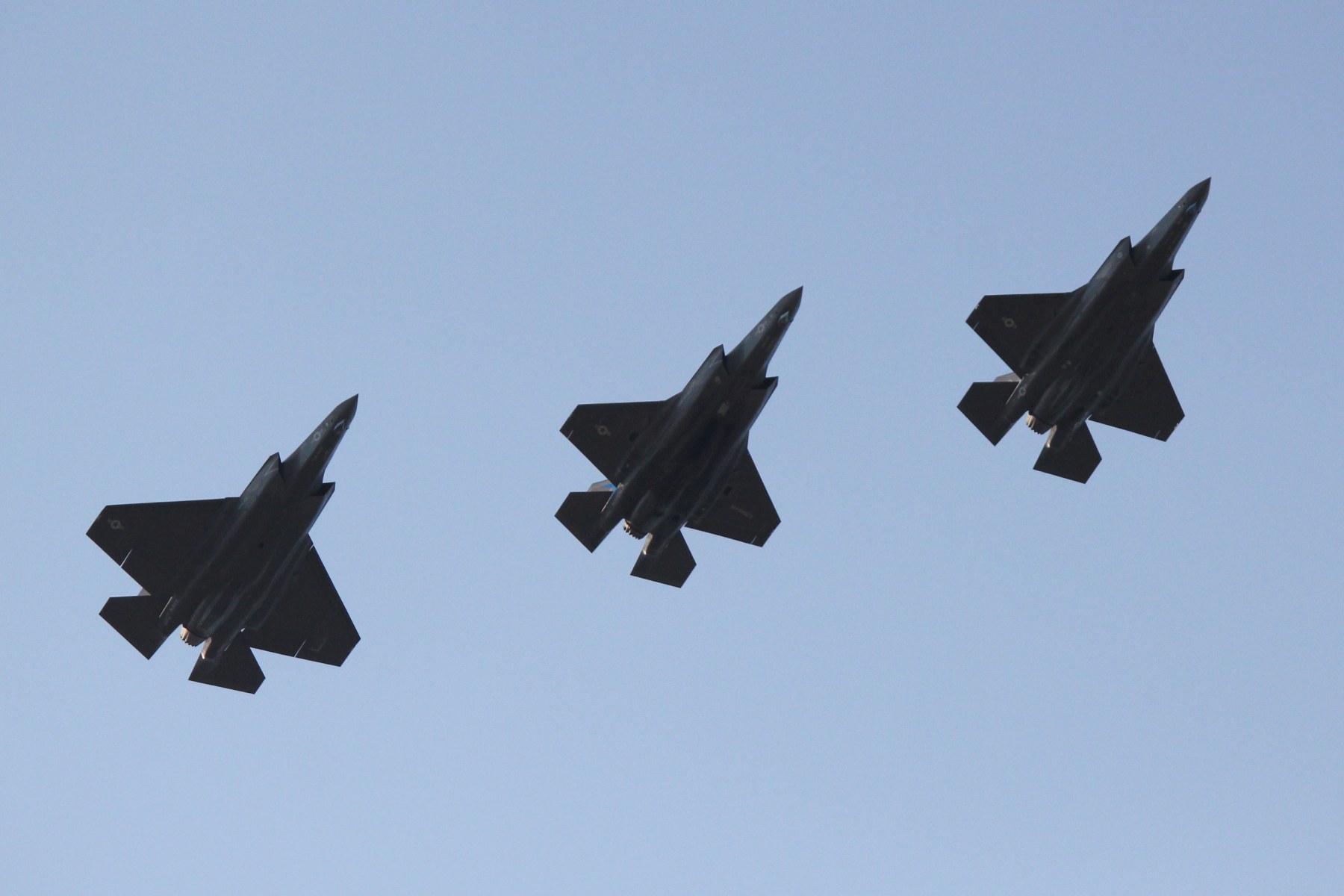
"All kinds of issues are at play-military capabilities, obviously, but also trade and security relationships with the contending countries of manufacture and the economic benefits that would accrue to Canada from the purchase. Anti-American sentiment, stimulated by US president Donald Trump's annexationist threats, by the conduct of economic warfare through sectoral tariffs against Canada, and by the increasing sense of the US as an unreliable ally, also impacts on the decision."
"The Norwegian decision, like ours, was surrounded by intense political controversy, strong campaigns by both aircraft companies (Lockheed-Martin and Saab) and from both governments, anti-US sentiment on the socialist/labour flank of Norwegian politics, and efforts to measure the relative economic benefit to Norway. The decision ultimately went in favour of purchasing the F-35. The Norwegian public was told the decision was made purely on technical aircraft capability grounds. The detailed Norwegian analysis that favoured the F-35 was never released in public."
Canada is reassessing a major fighter-jet purchase, comparing the US F-35 with the Swedish JAS Gripen. The decision involves military capability, trade and security ties with manufacturers, and economic benefits to Canada. Anti-American sentiment, driven by President Donald Trump's annexationist rhetoric and sectoral tariffs, and perceptions of US unreliability, affect the issue. Nordic partners, notably Sweden, are important for Arctic security. The process is shaped by strategic calculations, economic arguments to win public support, lobbying campaigns, leaks, and strong political emotions. Norway's similar, controversial decision in 2008, ending with an undisclosed analysis favoring the F-35, offers parallels.
Read at The Walrus
Unable to calculate read time
Collection
[
|
...
]